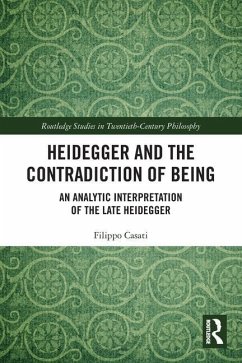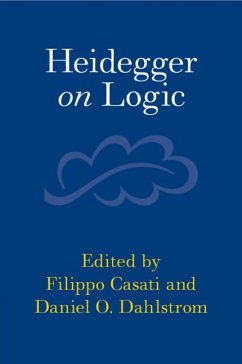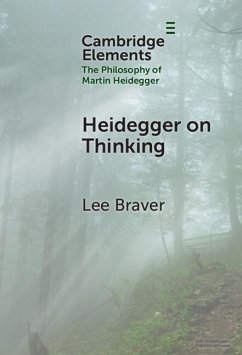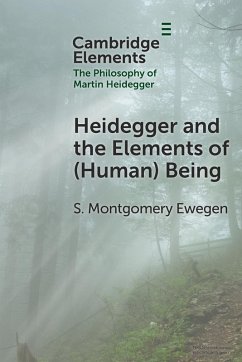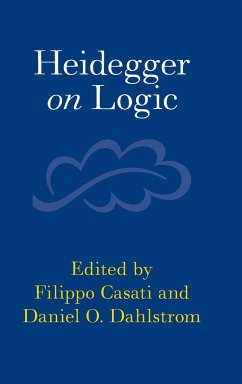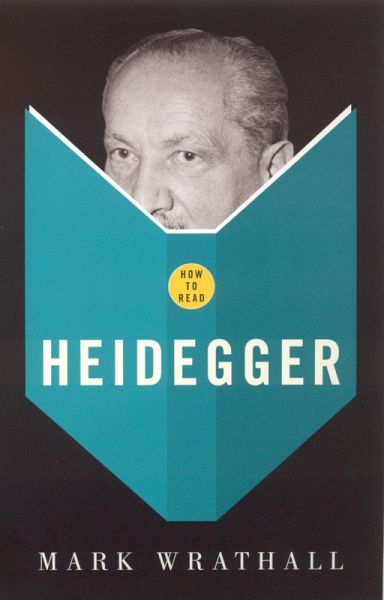
How To Read Heidegger

PAYBACK Punkte
9 °P sammeln!
Heidegger is perhaps the most influential, yet least readily understood, philosopher of the last century. Mark A. Wrathall unpacks Heidegger's dense prose, and guides the reader through Heidegger's early concern with the nature of human existence, to his later preoccupation with the threat that technology poses to our ability to live worthwhile lives. Wrathall pays particular attention to Heidegger's revolutionary analysis of human existence as inextricably shaped by a shared world. This leads to an exploration of his views on the banality of public life, and the possibility of authentic anticipation of death as a response to that banality. Wrathall reviews Heidegger's scandalous involvement with National Socialism, situating it in the context of his views about the movement of world history. He also explains Heidegger's important accounts of truth, art, and language. Extracts are taken from Heidegger's magnum opus, Being and Time, as well as a variety of his best known essays and lectures.
'These [How to Read] books let you encounter thinkers eyeball to eyeball by analysing passages from their work' Terry Eagleton, New Statesman




